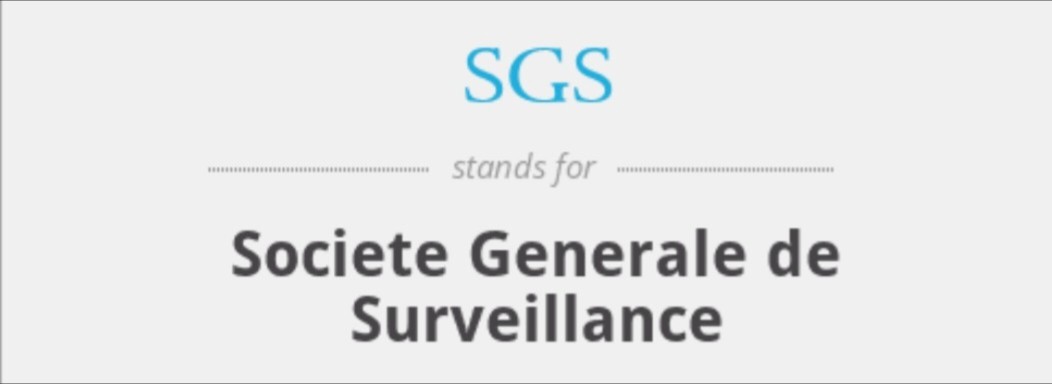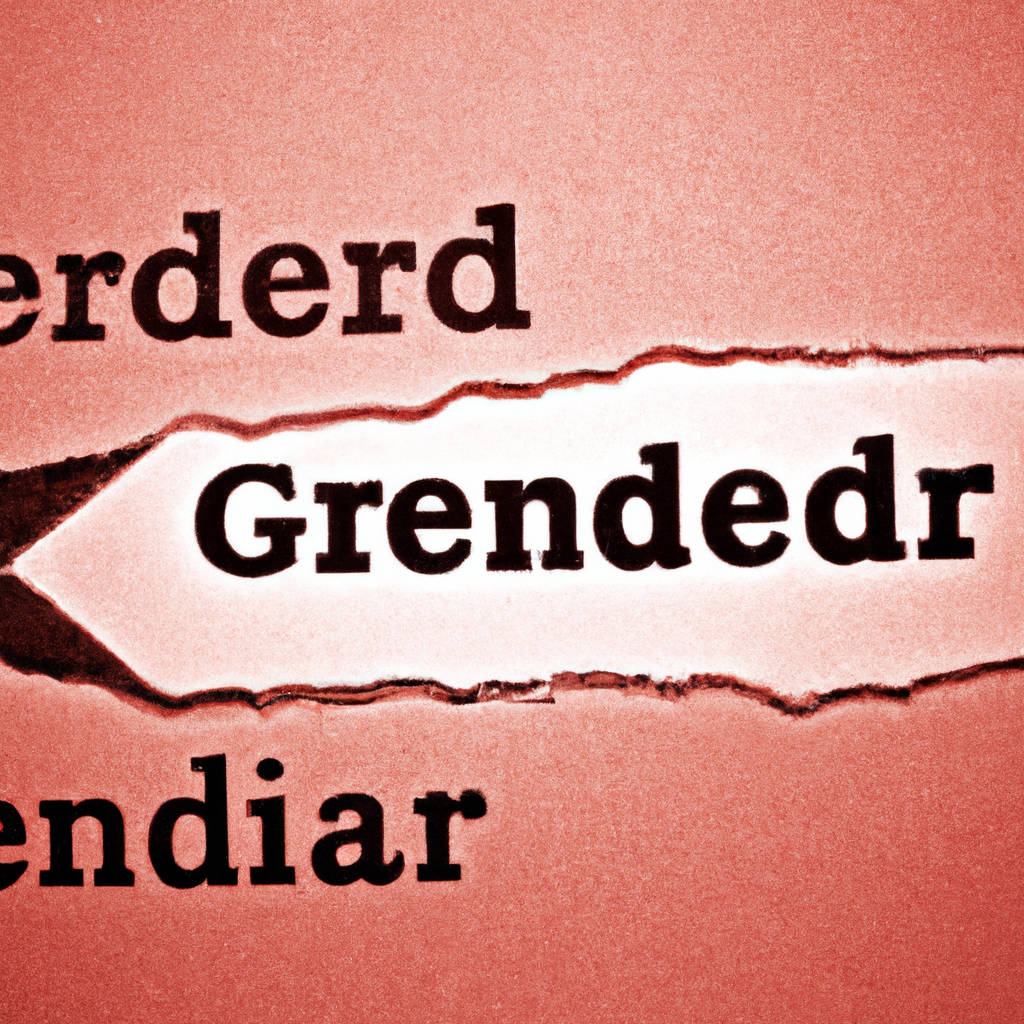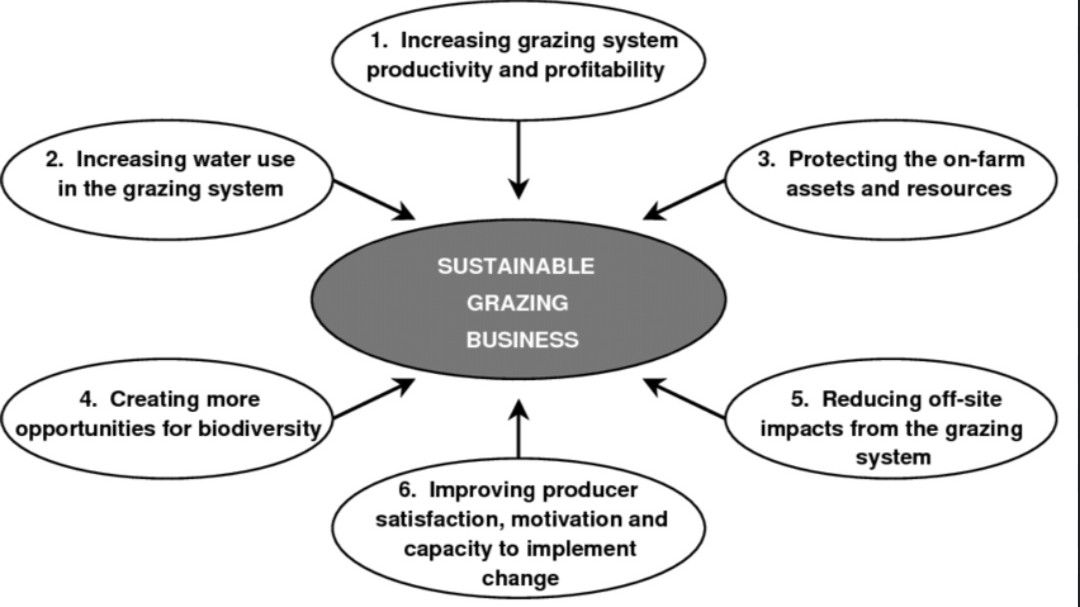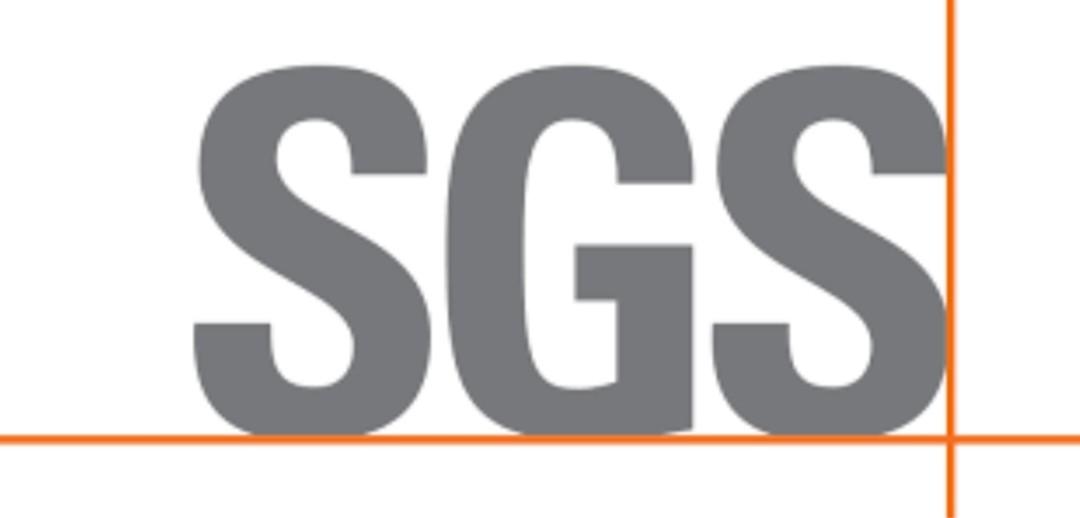SGS terminology refers to the specific language and jargon used within the context of SGS (Société Générale de Surveillance), a global company that provides inspection, verification, testing, and certification services. This terminology is unique to the industry and is used to communicate effectively with clients, employees, and other stakeholders. It includes technical terms related to various industries, such as agriculture, consumer goods, and chemicals, as well as internal terms used within the company itself.
Understanding and using SGS terminology is essential for employees to perform their jobs effectively and ensure that all processes and procedures are carried out accurately and efficiently. Additionally, clients may also benefit from familiarizing themselves with this terminology to better understand the services being provided and the results of any inspections or tests conducted by SGS.

Bi+, Bisexual
Bisexuality, often referred to as bi+, is a sexual orientation in which individuals are attracted to more than one gender. This can include being attracted to both men and women, as well as people who identify as non-binary or genderqueer. Bisexual individuals may experience attraction in various ways, and their feelings and experiences are valid and important.
Being bi+ is a natural and normal part of the human experience, and it is not a phase or a trend. Unfortunately, bisexuality is often misunderstood or invalidated by society, leading to stigma, discrimination, and erasure. It is important for bi+ individuals to have a supportive community and safe spaces where they can express themselves authentically and feel accepted.
Bisexual visibility and representation in media and society are crucial for breaking down stereotypes and misconceptions about bisexuality. By promoting understanding and acceptance of bisexual individuals, we can create a more inclusive and diverse society where everyone is free to express their true selves without fear of judgment or discrimination. Bisexuality is a beautiful and valid sexual orientation that deserves to be celebrated and respected.
Gender Exp
Gender expression refers to the way in which individuals choose to present themselves to the world in terms of their gender identity. This can include clothing, hairstyles, makeup, and other forms of self-expression that may be traditionally associated with a particular gender. Gender expression is a deeply personal and individual choice that allows individuals to express themselves in a way that feels authentic and true to who they are.
For many people, gender expression is an important aspect of their identity and can play a significant role in how they are perceived and treated by others. However, societal norms and expectations around gender expression can often be restrictive and limiting, leading many individuals to feel pressure to conform to traditional gender roles. This can have a negative impact on individuals’ mental health and well-being, as they may feel stifled or unable to fully express themselves in a way that feels genuine to them.
It is important for society to recognize and respect the diversity of gender expressions and identities, and to create a more inclusive and accepting environment for all individuals to express themselves authentically. By promoting understanding and acceptance of different forms of gender expression, we can create a more compassionate and inclusive society where everyone feels free to be themselves.

Gender Non-Con
Gender non-conformity refers to individuals who do not adhere to traditional societal expectations of gender roles and expression. This can manifest in various ways, such as individuals who do not identify strictly as male or female, or who express themselves in ways that do not align with their assigned gender at birth. Gender non-conforming individuals may choose to present themselves in a manner that is more in line with the opposite gender, or they may reject traditional gender norms altogether.
This can include wearing clothing typically associated with the opposite gender, using gender-neutral pronouns, or undergoing medical procedures to align their physical appearance with their gender identity. Gender non-conformity challenges the binary understanding of gender that has been ingrained in society for centuries, and highlights the diversity of experiences and identities that exist beyond these narrow confines.
By embracing and celebrating gender non-conformity, we can create a more inclusive and accepting society where individuals are free to express themselves authentically without fear of judgement or discrimination. Gender non-conforming individuals have the right to live openly and authentically, and society as a whole can benefit from embracing and celebrating the diversity of gender expressions and identities that exist within our communities.
Intersex, DSC
Intersex individuals are born with variations in their sex characteristics that do not fit typical binary definitions of male or female. These variations can include differences in chromosomes, hormones, or reproductive organs. Despite the diversity of intersex traits, society often fails to acknowledge or understand them, leading to discrimination and stigmatization.
The medical community has historically viewed intersex variations as disorders to be fixed through surgery and hormone treatments, a practice known as DSC (Disorders of Sex Development). However, many intersex individuals have spoken out against these interventions, advocating for bodily autonomy and the right to make their own decisions about their bodies. DSC procedures can have negative physical and emotional consequences, including infertility, loss of sexual sensation, and psychological trauma.
Intersex advocates are calling for a shift in how society views and treats intersex individuals, promoting acceptance and understanding rather than attempts to conform to narrow definitions of sex and gender. By raising awareness and supporting the rights of intersex individuals, we can create a more inclusive and equitable society for all.

LGBTQ+
The LGBTQ+ community is a diverse and vibrant group of individuals who identify as lesbian, gay, bisexual, transgender, queer, and more. This community has a long history of fighting for equal rights and acceptance in society. Despite facing discrimination and prejudice, members of the LGBTQ+ community have made significant strides in advancing LGBTQ+ rights and visibility.
From the Stonewall riots to the legalization of same-sex marriage, the LGBTQ+ community has shown resilience and determination in the face of adversity. LGBTQ+ individuals continue to advocate for equality in all aspects of life, including healthcare, education, and employment. The LGBTQ+ community is a vital part of our society, contributing to the rich tapestry of human experience with their unique perspectives and voices.
It is important to recognize and celebrate the diversity and strength of the LGBTQ+ community, and to support their ongoing efforts for equality and acceptance. By promoting understanding and acceptance, we can create a more inclusive and welcoming society for all individuals, regardless of their sexual orientation or gender identity.
Misgend
Misgendering occurs when someone refers to a person using a gender pronoun or label that does not align with how that person identifies. This can happen intentionally or unintentionally, and it can be hurtful and invalidating for the individual who is misgendered. Misgendering can happen in many different contexts, such as in conversations, on official documents, or in media representations.
It is important to be mindful of the language we use when referring to others, as misgendering can contribute to feelings of dysphoria and marginalization for transgender and non-binary individuals. It is crucial to respect people’s gender identities and use the correct pronouns and labels that they have chosen for themselves. By being more conscious of the language we use and making an effort to educate ourselves about gender diversity, we can create a more inclusive and affirming environment for all individuals, regardless of their gender identity.
It is essential to listen to and validate people’s experiences and identities, and to make an effort to understand and respect the diversity of gender identities that exist in our society. By challenging our assumptions and biases about gender, we can work towards creating a more inclusive and accepting world for everyone.

Pronouns
Pronouns are an essential part of language that help us replace nouns to avoid repetition and make our speech or writing more concise. They allow us to refer to people, objects, or ideas without constantly repeating their names. Pronouns come in various forms, such as personal pronouns (I, you, he, she, it, we, they), possessive pronouns (my, your, his, her, its, our, their), and reflexive pronouns (myself, yourself, himself, herself, itself, ourselves, themselves).
Using pronouns correctly is crucial for effective communication, as they help us convey our thoughts and ideas clearly. However, it is essential to be mindful of using pronouns that align with a person’s gender identity, as misgendering someone can be hurtful and disrespectful. It is important to use the pronouns that individuals use to describe themselves, whether they identify as he, she, they, or something else.
Additionally, pronouns can also be used to show respect, familiarity, or formality in different social and cultural contexts. Overall, pronouns play a significant role in language and communication, and understanding how to use them appropriately is key to effective and respectful interactions.
Queer
Queer is a term that encompasses a wide range of identities and experiences that fall outside of traditional societal norms regarding gender and sexuality. It is a term that is often used by individuals who identify as lesbian, gay, bisexual, transgender, or other non-binary identities. Queer individuals may face discrimination and prejudice due to their identities, but many also find strength and community within the queer community.
Queer culture is rich and diverse, with its own language, symbols, and traditions that celebrate the unique experiences and perspectives of queer individuals. Queer activism has played a crucial role in advancing LGBTQ rights and visibility, challenging harmful stereotypes and advocating for equality and acceptance. Overall, the term queer serves as a powerful and inclusive umbrella that embraces the diversity and complexity of human identities and experiences beyond the constraints of traditional norms and expectations.
It is a term that empowers individuals to embrace and celebrate their authentic selves, while also challenging society to recognize and respect the full spectrum of human diversity. Queer is a term that represents resilience, creativity, and the ongoing fight for justice and equality for all LGBTQ individuals.
Final Thoughts
As we come to the end of our discussion, it is important to reflect on some final thoughts. It is crucial to consider the impact of our actions and decisions on ourselves and those around us. We must strive to always act in a way that aligns with our values and principles, even when faced with difficult choices. Remember that our words and actions have the power to shape the world around us, so it is important to always choose wisely.
It is also important to remember that everyone is on their own journey, and we must approach others with empathy and understanding. In the end, what matters most is how we treat others and the legacy we leave behind. Let us strive to live with integrity, compassion, and respect for all beings. As we navigate through life, let us always keep these final thoughts in mind and strive to make the world a better place for all.
